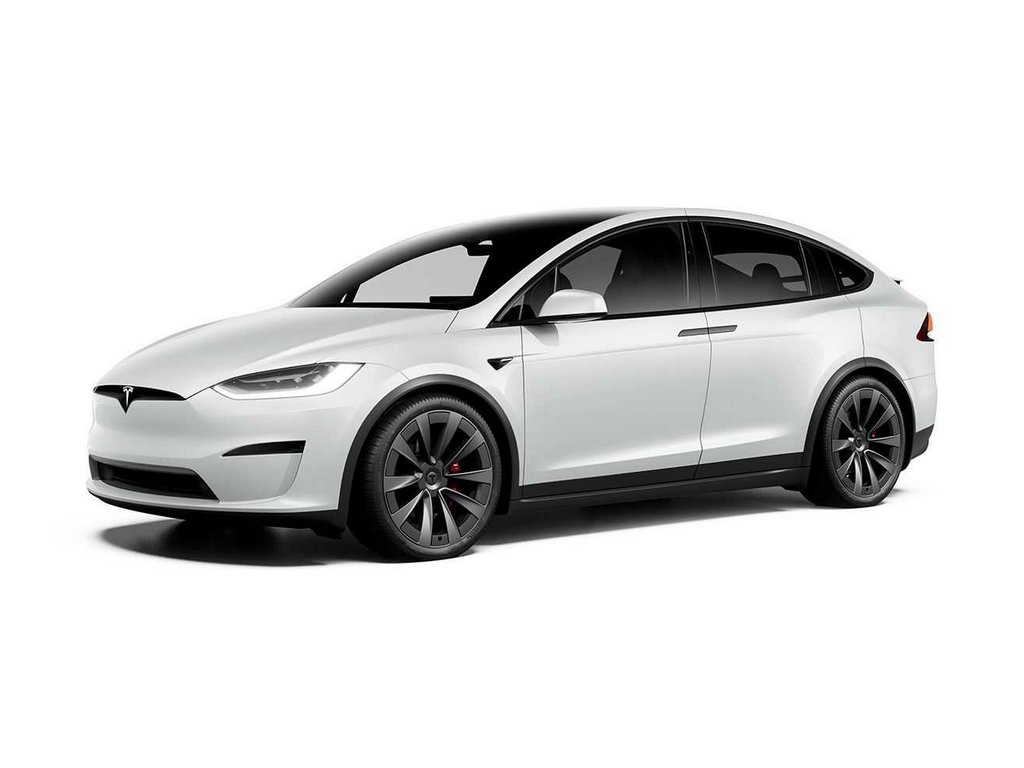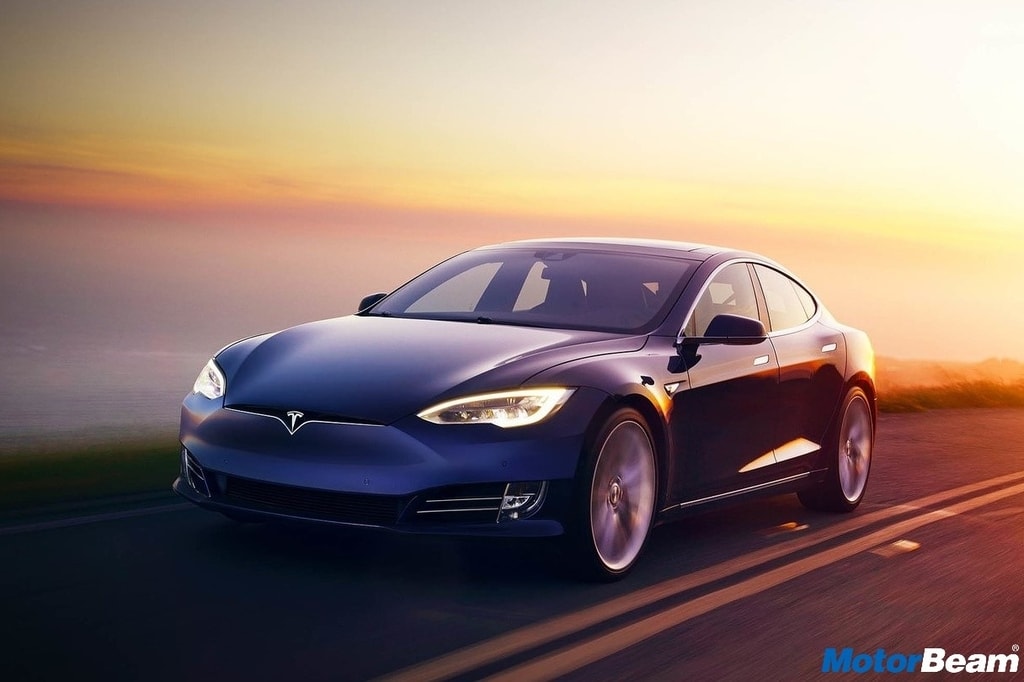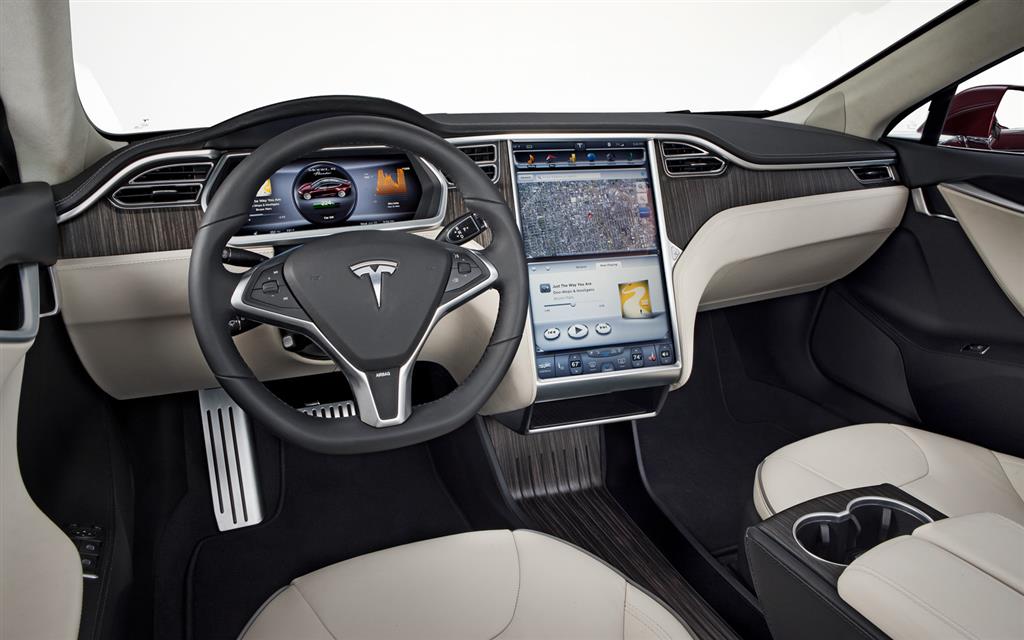
India to cut import duty for EVs exceeding Rs. 30 lakhs price
The prospect of Tesla potentially establishing a presence in India has sparked both excitement and cautious deliberation within the country’s automotive industry.
The Indian government is nearing the finalisation of a policy aimed at extending concessional import duties on electric cars priced above Rs. 30 lakhs (approximately USD 36,000) for a period of 2-3 years. This move is anticipated to pave the way for Tesla’s entry into the Indian market, with the company reportedly expressing interest in investing up to USD 2 billion if favourable conditions, including reduced import duties, are met.
India currently imposes steep import duties on cars exceeding USD 40,000 in value, with Tesla advocating for a reduction to 15% on imported electric vehicles during the initial years of operation. In exchange for these concessions, Tesla would be expected to commit to establishing local manufacturing facilities, aligning with the government’s objective of fostering domestic production and job creation while making electric vehicles more accessible through localisation efforts.
However, amidst the anticipation of relaxed import duties for Tesla, domestic automakers in India are adopting a cautious stance, voicing concerns over potential disparities in treatment. While not formally objecting to the government’s proposed policy, industry insiders suggest that any reduction in import duties could confer an unfair advantage to Tesla, especially considering the absence of a concrete investment plan from the American automaker.
Anish Shah, Managing Director of Mahindra & Mahindra, emphasised the importance of creating a level playing field for all players in the industry, urging global electric vehicle manufacturers to invest in India. Shah underscored the need to bolster the domestic automotive sector rather than relying solely on imports, echoing sentiments shared by other homegrown giants such as Tata Motors and Mahindra, which already produce electric vehicles locally.
In light of these developments, stakeholders in the Indian automotive landscape are navigating a delicate balance between fostering foreign investment and safeguarding the interests of domestic players. As discussions surrounding import duties and local manufacturing requirements continue, the industry remains poised for potential transformations that could shape the future of electric mobility in India.




